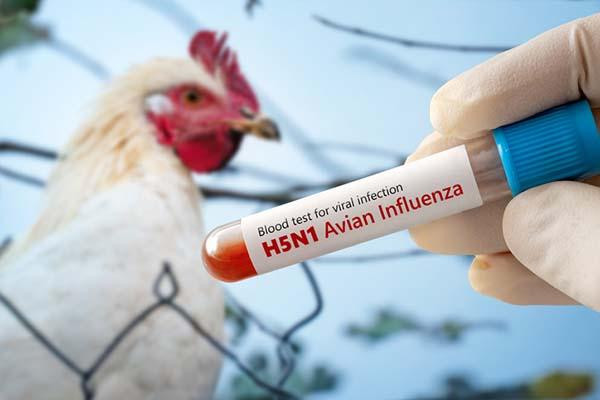H5N5 Avian Influenza Confirmed in Grays Harbor County Resident
First-ever detection of this strain in a human; public health officials say risk remains low
GRAYS HARBOR COUNTY, WA — November 14, 2025
Grays Harbor County Public Health has confirmed that a local resident hospitalized earlier this month with influenza symptoms has tested positive for H5N5 avian influenza, marking the first known human case of this strain.
According to Public Health, the patient is an older adult with underlying medical conditions and remains hospitalized. Officials report the individual keeps a mixed backyard flock of domestic poultry at their home, which had been exposed to wild birds. Investigators believe domestic poultry or wild birds are the most likely source of exposure.
Advertisement
The Washington State Department of Health (DOH), the local health department, and the Washington State Department of Agriculture are conducting ongoing animal-health and exposure investigations. At this time, no increased risk to the public has been identified.
Public health experts emphasize that while H5 subtype viruses are common among wild aquatic birds worldwide, human infections remain rare and typically occur only in people who have had close contact with sick or infected animals. Reported human cases in the U.S. have ranged from mild to severe, with only one prior fatality from other avian influenza strains.
Officials note that the risk of avian influenza naturally rises during fall and winter due to migratory bird activity, which can introduce the virus to domestic birds, including backyard flocks and commercial poultry farms.
Critically, human-to-human transmission of avian influenza has never been documented in the United States, and current CDC and DOH assessments indicate that the public risk from this case is low.
Grays Harbor County Public Health will continue coordinating with state agencies as investigations proceed. Residents with domestic poultry are encouraged to follow biosecurity practices and avoid contact with sick or dead birds.
For more information, Public Health advises visiting HealthyGH.org or the department’s Facebook page









